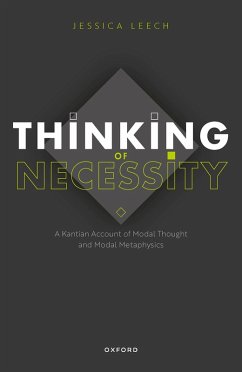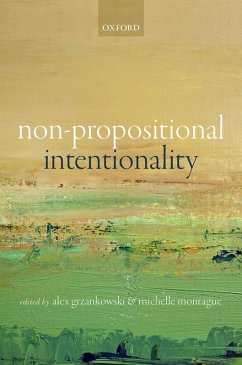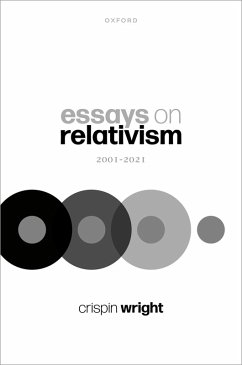
Thinking about Things (eBook, ePUB)
Versandkostenfrei!
Sofort per Download lieferbar
21,95 €
inkl. MwSt.
Weitere Ausgaben:

PAYBACK Punkte
11 °P sammeln!
In the blink of an eye, I can redirect my thought from London to Austin, from apples to unicorns, from former president Obama to the mythical flying horse, Pegasus. How is this possible? How can we think about things that do not exist, like unicorns and Pegasus? They are not there to be thought about, yet we think about them just as easily as we think about things that do exist. Thinking About Things addresses these and related questions, taking as its framework a representational theory of mind. It explains how mental states are attributed, what their aboutness consists in, whether or not the...
In the blink of an eye, I can redirect my thought from London to Austin, from apples to unicorns, from former president Obama to the mythical flying horse, Pegasus. How is this possible? How can we think about things that do not exist, like unicorns and Pegasus? They are not there to be thought about, yet we think about them just as easily as we think about things that do exist. Thinking About Things addresses these and related questions, taking as its framework a representational theory of mind. It explains how mental states are attributed, what their aboutness consists in, whether or not they are relational, and whether any of them involve nonexistent things. The explanation centers on a new theory of what is involved in attributing attitudes like thinking, hoping, and wanting. These attributions are intensional: some of them seem to involve nonexistent things, and they typically have semantic and logical peculiarities, like the fact that one cannot always substitute one expression for another that refers to the same thing without affecting truth. Mark Sainsburys new theory, display theory, explains these anomalies. For example, substituting coreferring expressions does not always preserve truth because the correctness of an attribution depends on what concepts it displays, not on what the concepts refer to. And a concept that refers to nothing may be used in an accurate display of what someone is thinking.
Dieser Download kann aus rechtlichen Gründen nur mit Rechnungsadresse in A, B, BG, CY, CZ, D, DK, EW, E, FIN, F, GR, HR, H, IRL, I, LT, L, LR, M, NL, PL, P, R, S, SLO, SK ausgeliefert werden.













